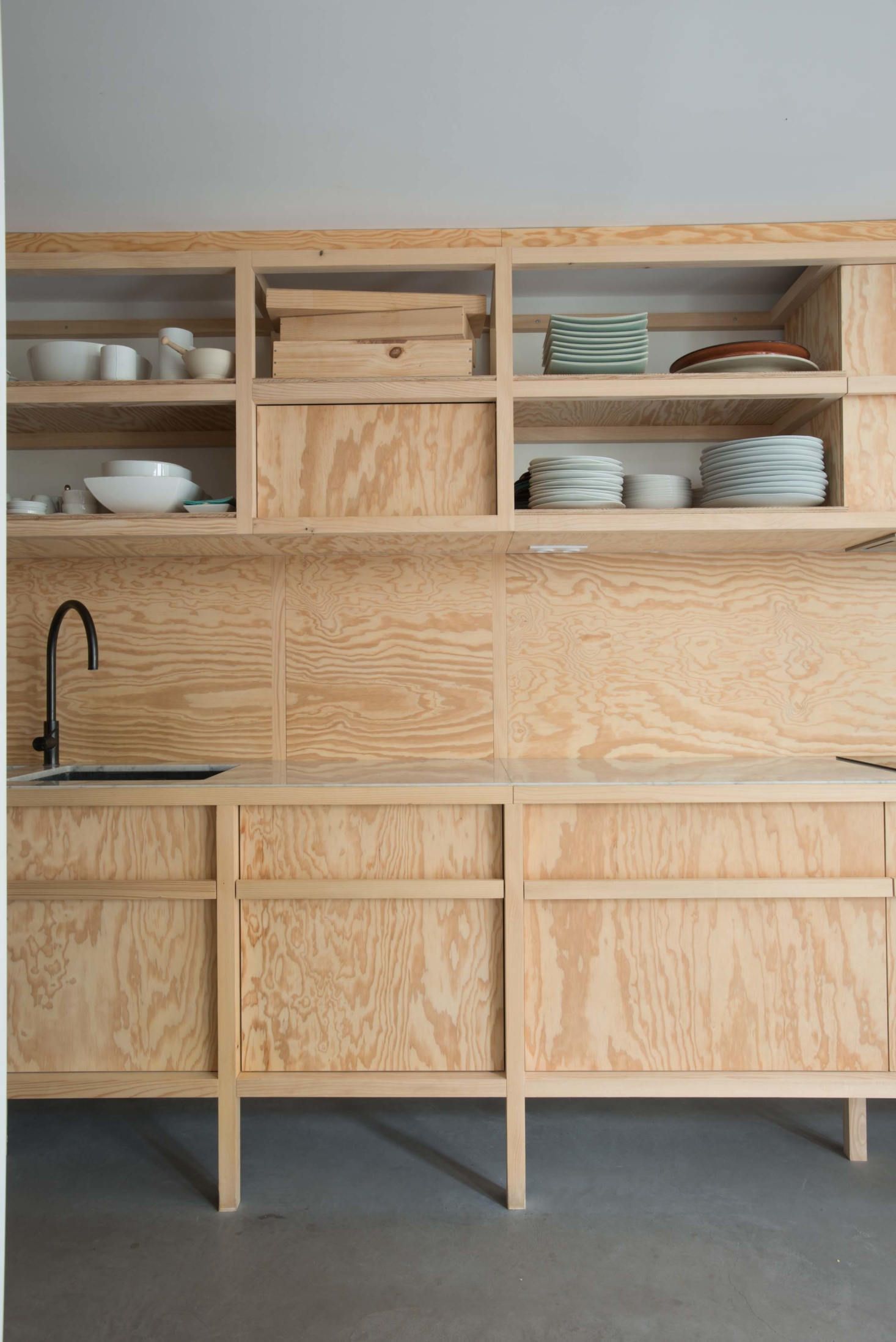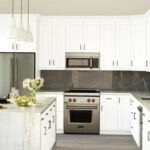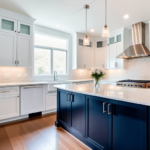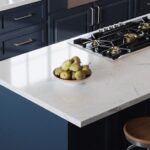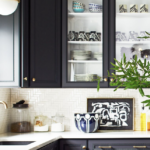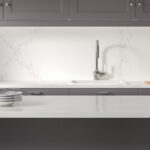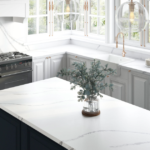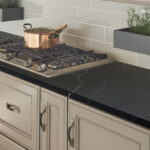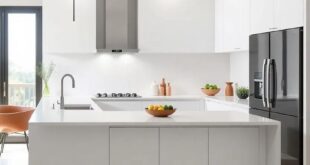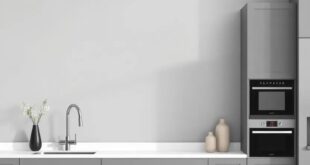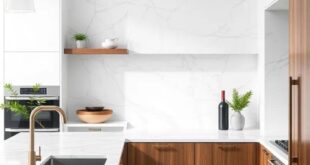The kitchen counter is an essential component of any kitchen. It serves as a workspace for preparing meals, storing ingredients, and even as a gathering space for family and friends. With the abundance of options available on the market today, choosing the right kitchen counter can greatly enhance both the functionality and aesthetic appeal of your kitchen.
When selecting a kitchen counter, there are several factors to consider. The material of the counter is one of the most important considerations. Common options include granite, marble, quartz, wood, and laminate. Each material has its own unique set of benefits and drawbacks.
Granite is a popular choice due to its durability and heat resistance. It is also available in a wide range of colors and patterns, making it a versatile option for any kitchen design. Marble, while luxurious and elegant, is more prone to staining and scratching. Quartz is a durable and low-maintenance option that is resistant to both heat and stains. Wood counters, such as butcher block, add warmth and character to a kitchen but require regular upkeep to prevent warping and staining. Laminate counters are budget-friendly and come in a variety of colors and patterns but are less durable than other options.
Another important factor to consider when choosing a kitchen counter is the size and layout of your kitchen. The counter should be proportionate to the size of the room and should allow for ample workspace for meal preparation. Additionally, the layout of the counter should be practical and efficient, with consideration given to the placement of appliances, sink, and storage areas.
In addition to functionality, the aesthetic appeal of the kitchen counter is also important. The counter should complement the overall design and style of the kitchen, whether it is traditional, modern, or eclectic. The color, pattern, and texture of the counter should harmonize with the cabinetry, flooring, and backsplash to create a cohesive look.
Maintenance and upkeep are also crucial considerations when choosing a kitchen counter. Some materials require regular sealing or resealing to protect against stains and scratches. Others may be more prone to damage from heat or moisture. It is important to select a counter that fits your lifestyle and maintenance preferences.
In conclusion, the kitchen counter plays a vital role in the functionality and design of a kitchen. By carefully considering factors such as material, size, layout, aesthetics, and maintenance, you can choose a counter that enhances the beauty and efficiency of your kitchen space. Whether you opt for the durability of granite, the elegance of marble, the versatility of quartz, or the warmth of wood, the right kitchen counter can transform your kitchen into a space that is both practical and inviting.
 Decorationg Interior Design
Decorationg Interior Design
